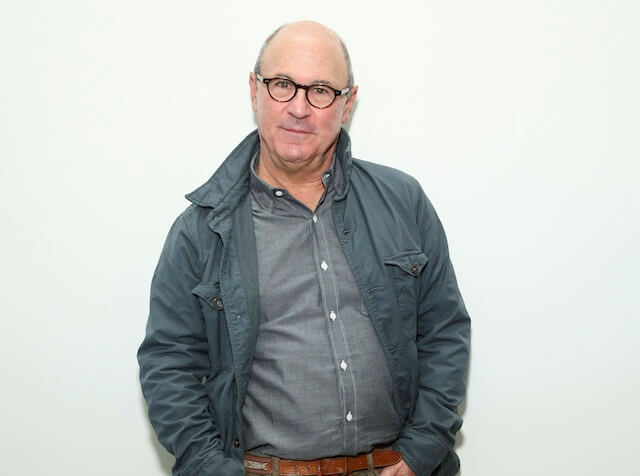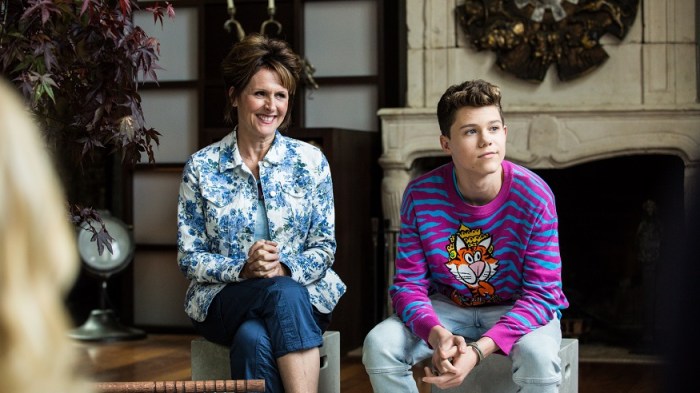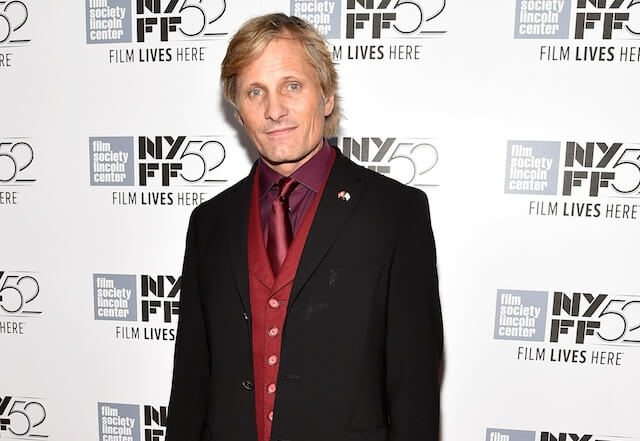For a documentarian whose films concern the evils of the food industry (“Food Inc.”) and those who distort the science on climate change (the new “Merchants of Doubt”), Robert Kenner is a jolly person. Granted, he’s dealing with subjects that are, in a sense, absurd, if ultimately also dangerous for human civilization. And though “Merchants of Doubt” does concern climate change denial, that’s not really its main subject. This could read as being a stealth climate change doc, but it does view it from the angle of deniers as deceivers.
It’s really about deception. It could be about any subject. It happens that right now the big subject is climate. It used to be tobacco and pharmaceuticals. I bumped into this behavior on “Food Inc.” and that’s how I became interested in it. I went to a hearing on cloned meat, and someone stood up and said, “I don’t think it’s in the interest of the consumer [to know how it’s made]. It’s way too confusing.” I found out the group was called “Citizens of Consumer Freedom,” which was funded by the fast food and soda companies. They try to do everything to stop you from knowing what’s in your food. And I love the name. I ran into a hundred other Orwellian groups, and the names are hysterical. Probably the most engaging person in the film is also the most evil: Marc Morano, who runs a climate change denier site and regularly goes on television to shout down scientists. But he’s very charming. How was he in real life? He’s absolutely charming. He’s really funny, very quick. At the same time what he does leads to horrific consequences. It’s tricky to know to cut [his footage], because you want to show Marc as who he is, which is charming and entertaining, but also show the consequences of what his actions lead to. You also give time to the likes of scientist Fred Singer, who also speaks out against the veracity of climate change.
Fred wouldn’t leave the interview! He was having such a great time! [Laughs] He’s writing a book about how plastics and pesticides will save the world. He thought I should join him. I was like, “We sort of see the world differently.” He’s always fishing for allies. But he was a major scientists, who had turned his back on science to go with his ideology, which is fear of any kind of regulation. When Ronald Reagan was putting through ozone treaties, Singer was attacking him for it, because he saw any form of regulation as communism. If he was attacking Ronald Reagan then everyone is fair game. A lot of the time it comes down to who’s the loudest. Scientists aren’t always great bullies and deniers tend to take advantage of that.
Some of them say [climate scientists] only doing it for the money. Meanwhile they’re living in a mansion, while the scientists are living in one bedroom places without enough chairs to do an interview. They’re not living with Lamborghinis and swimming pools. They live on the modest side and take a great thrill in their work. Little did they know it would make them targets. At the same time, we need someone who can really convey scientific facts to the public in a way that drowns out the naysayers.
And scientists shouldn’t have to be better communicators. Their job is to do science. We should be thankful for them. We used to love science, and we still do, long as it’s not inconvenient. It’s the job of journalists to help present science. At some point everyone got distracted and the debate became about science itself, which it shouldn’t be. We knew carbon dioxide causes warming of the planet — that’s a fact. But it wasn’t presented as a fact. It gets confusing for the reader. Who’s denying the earth is flat? We accept that. At some point you have to accept truths. You can debate the solution, but you can’t debate reality. Do you find that it’s a red state-blue state type deal — that people tend to trust science depending on their party?
I found that with the food world. I really cut across party lines. But I feel this is an issue, like gay rights, that can change very quickly. Republicans can take this on as an issue. I’m dealing with a lot of Republican groups at the moment who view it as an issue. There’s a drive by some groups called “The Electric Freedom Act” to stop you from being able to rent solar panels. I love the name. [Laughs] Follow Matt Prigge on Twitter @mattprigge
Interview: Robert Kenner on how ‘Merchants of Doubt’ is about more than climate change

Getty Images





















